The Chamber for a Greater Chapel Hill and Carrboro recently held its Economic Outlook Forum, shedding light on what to expect as this crisis continues.
Following the forum, economist Dr. Michael Walden joined the president and CEO of the Chamber, Aaron Nelson, for a discussion with 97.9 The Hill’s Brighton McConnell about the current economic situation.
Walden, who is also a distinguished professor on the subject at North Carolina State University, wasted no time in declaring this a recession directly caused by both the COVID-19 outbreak and the immediate response, which was to shut down the economy in order to limit individual interactions.
He mentioned that the unprecedented measures taken by the government and the Federal Reserve—including the $2 trillion stimulus package recently signed into effect—are a great first step in preserving the economy as the country continues to wait out the pandemic. At the local level, the Orange County Commissioners are making $300,000 of emergency loan support available to local businesses at zero interest.
The greatest challenge at the moment, according to Walden, is to keep businesses and households afloat through this time.
“We need to preserve our economy and weather through this,” Walden said. “And then be able to emerge whenever the recovery does come, which I think will be sometime in the fall. Then we will be able to look back and say we didn’t needlessly lose businesses. We didn’t needlessly cause households and individuals to suffer economically. And that’s the effort that we’re now engaged in.”
New businesses struggling to gain traction and places suffering from lower market prices, like farms, are expected to feel the effects of the pandemic even stronger.
Although the food supply currently remains in good shape, that could begin to change over time. Also, if people working on the supply chain lack personal protective equipment like gloves and face masks, it could cause a much larger issue for the economy.
Nelson stressed innovation is crucial for local businesses right now, citing Top of the Hill’s efforts to start making hand sanitizer out of its distilleries as an example.
“I encourage businesses, this is the time to begin thinking about how you innovate,” Nelson said. “We know this is a time of crisis and it’s hard to think. Particularly if your children are running around in your house and you’re looking at some real, major cash flow challenges. Finding that space to plan right now is really important.”
More innovative practices that have become necessities during this crisis—such as tele-communication and tele-educating—could ultimately work themselves into the normal framework of life as a result of the pandemic.
Walden said this could ultimately convince people to move into smaller towns or rural areas instead of concentrating in densely-packed cities—helping to shrink the urban, rural divide that exists in North Carolina.
When that time will come, however, is less certain and entirely dependent on the progression of the virus. Walden said he is cautiously optimistic that recovery will be underway by the fall and hopefully complete by next year, while Nelson offered a simple message to the community about how that economic goal can be reached.
“Not only are we not at the end, we are not at the middle,” Nelson said. “This is the beginning of the beginning, we think, of this crisis for our community.
“Our message is that there are local options, state options and federal options to support businesses,” he continued. “And that businesses ought to be engaging with each other, peer-sharing information, and engaging with the Chamber of Commerce on how we can support them during this tough time.”


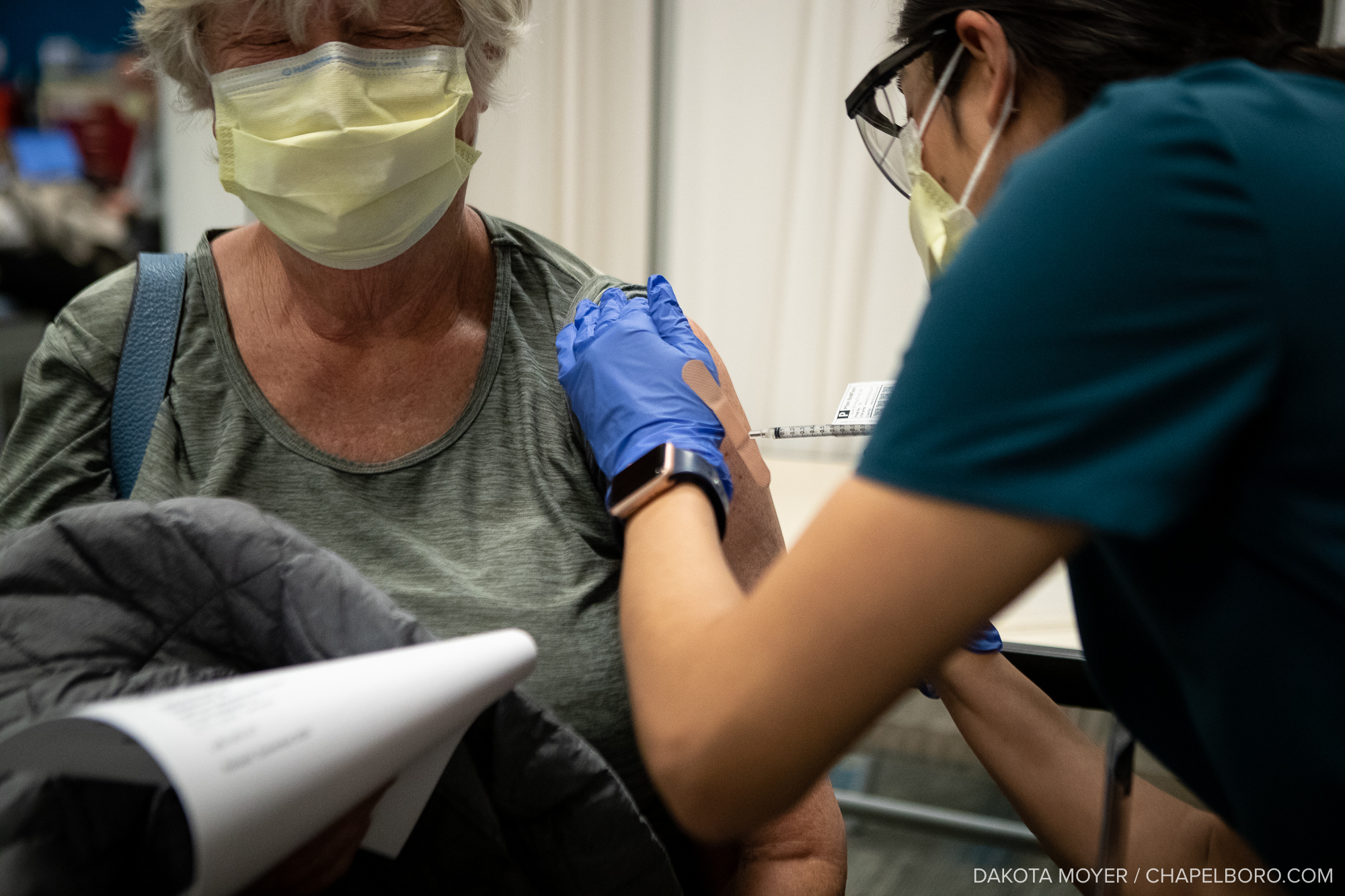
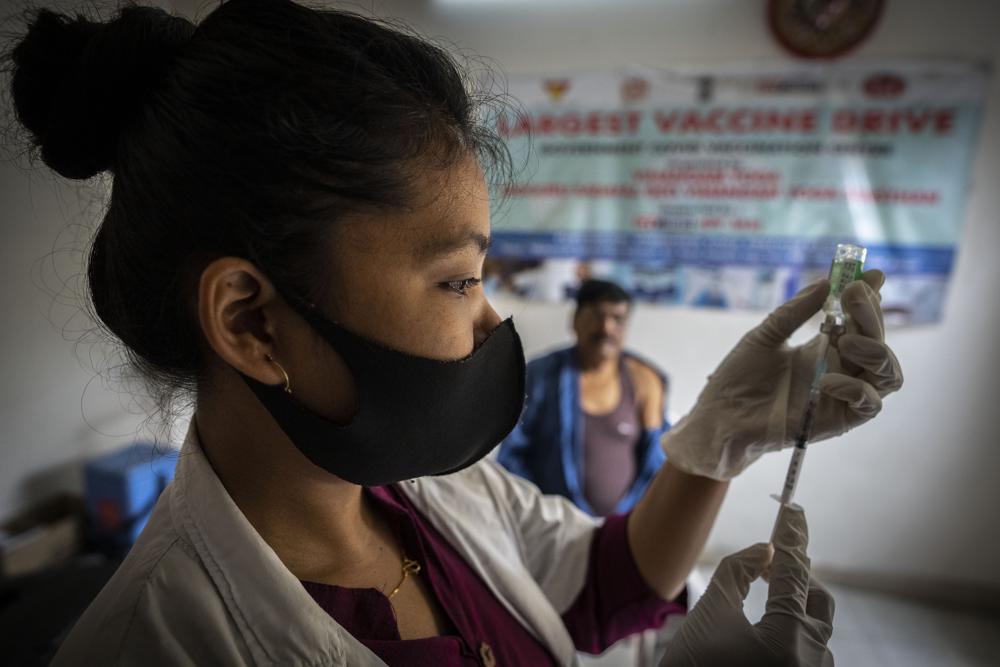
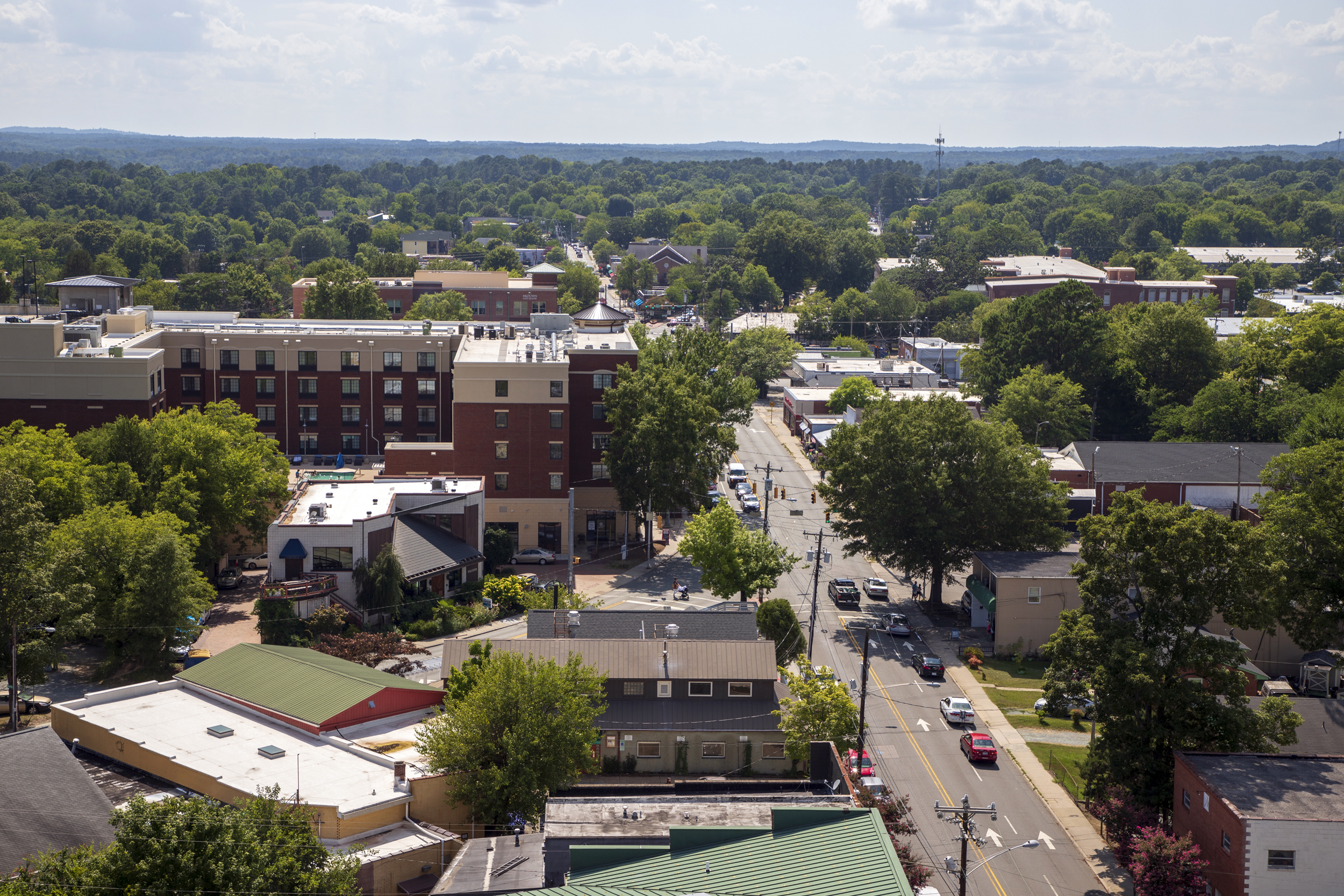
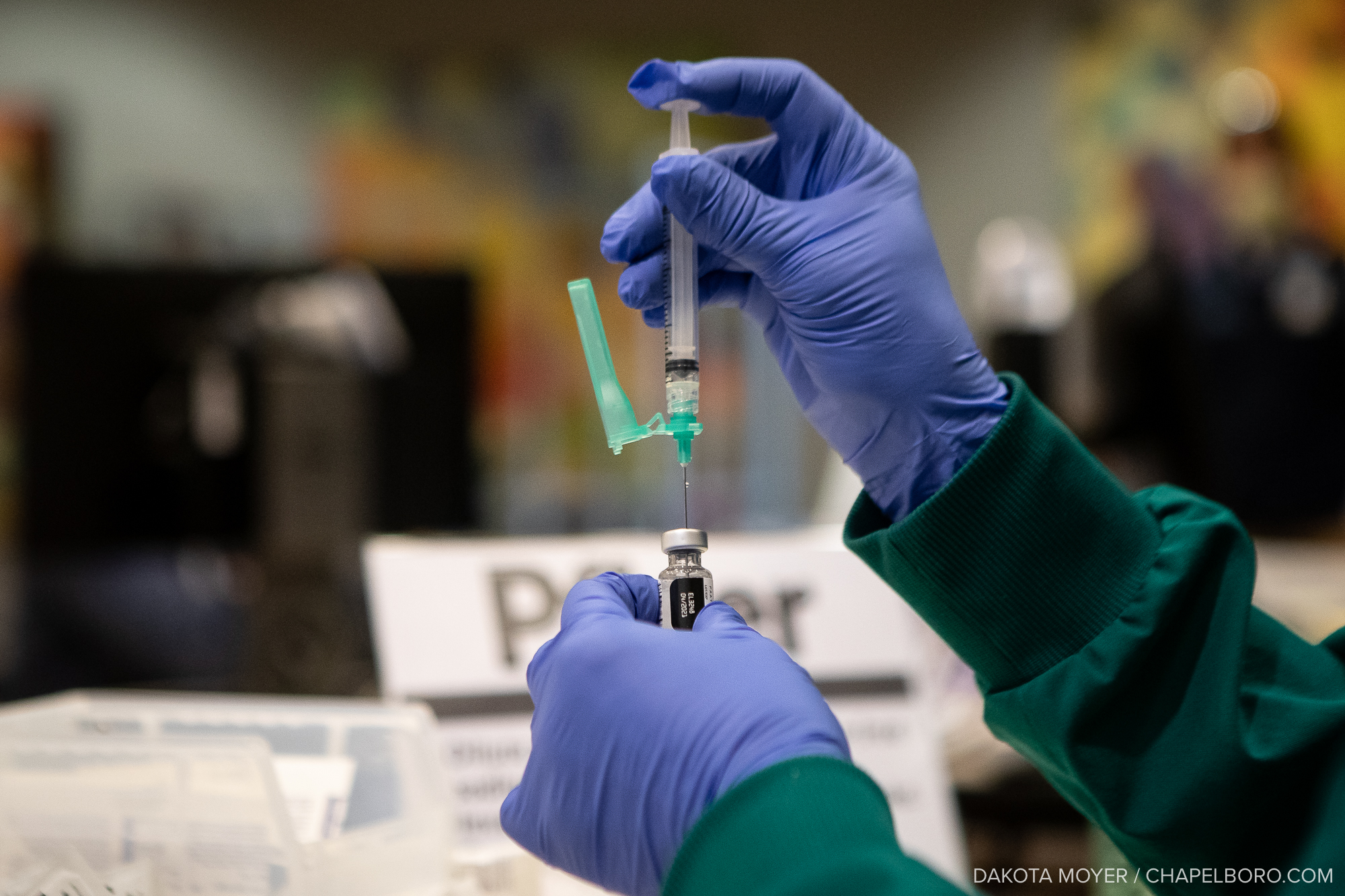
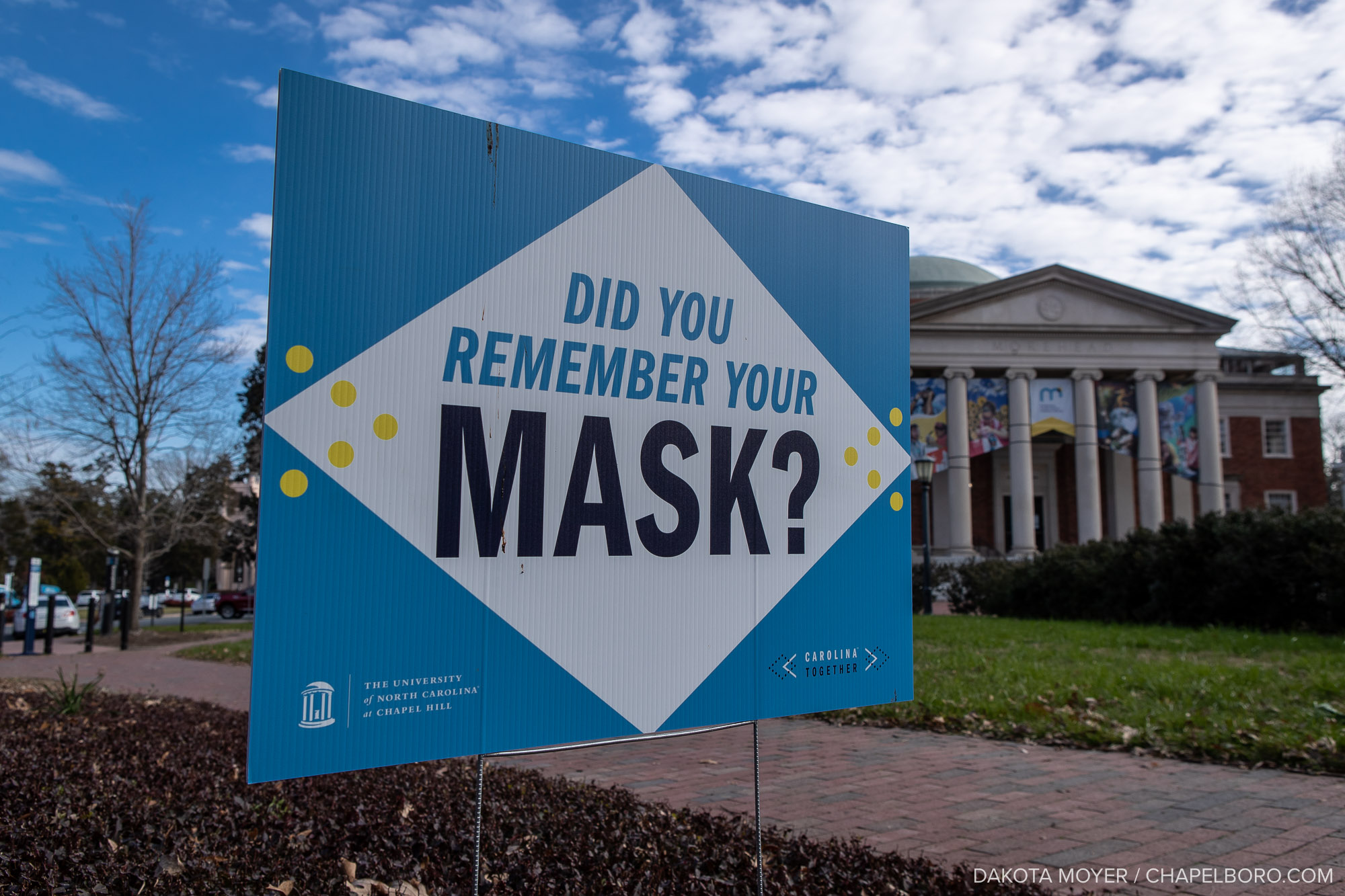
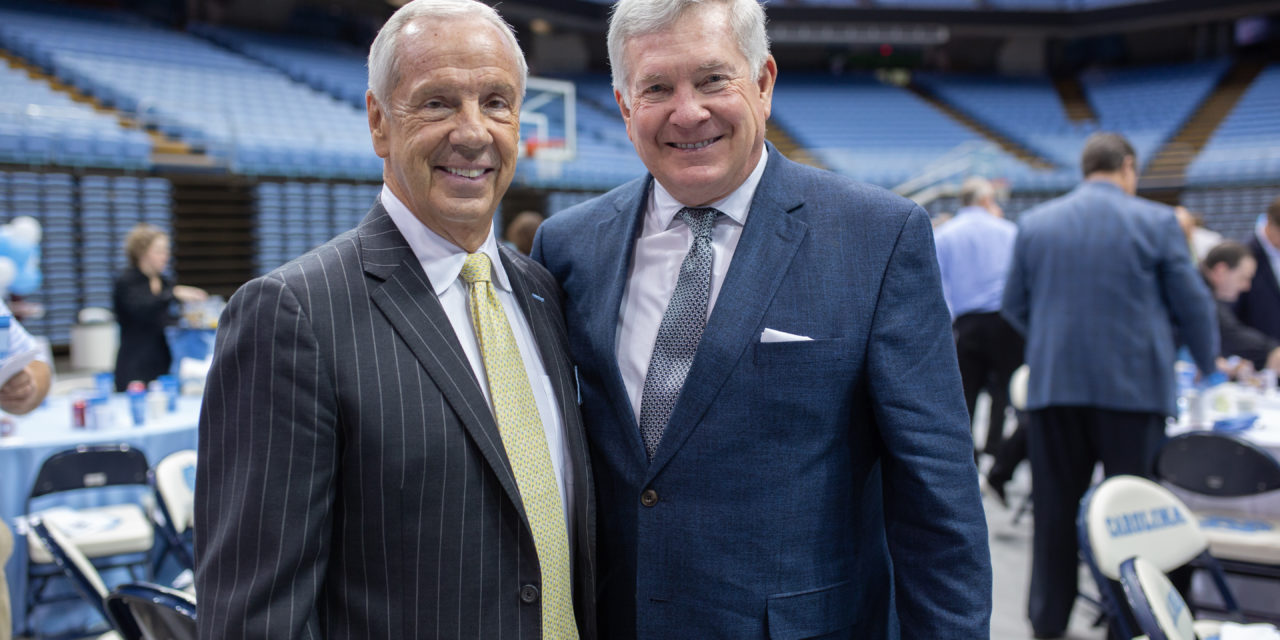
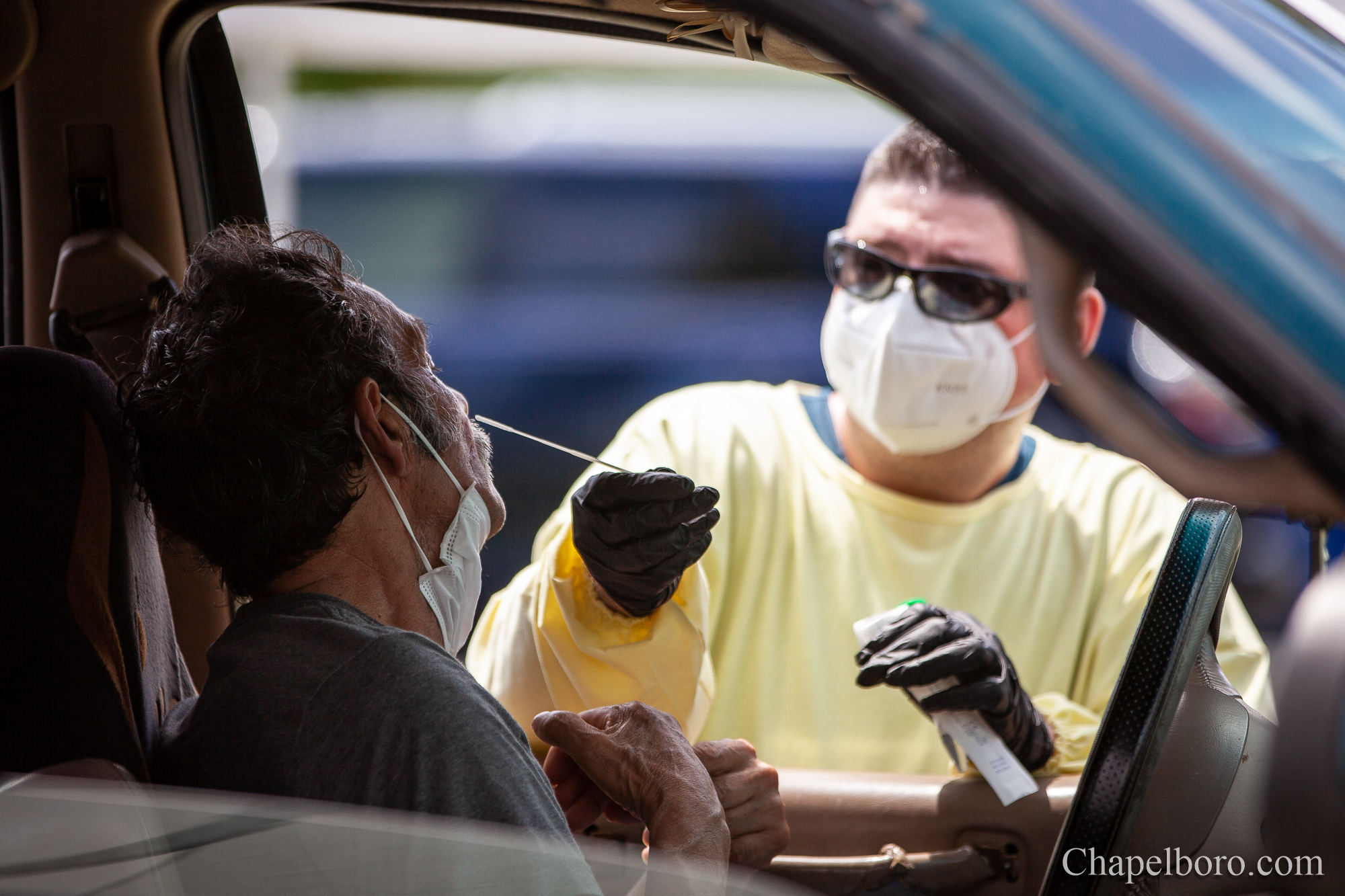
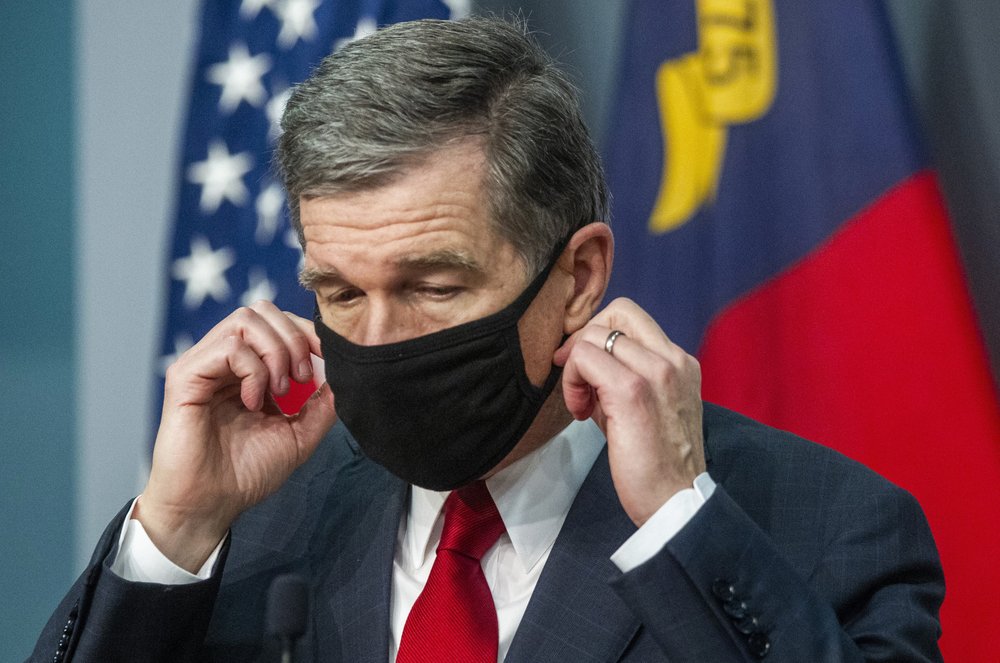
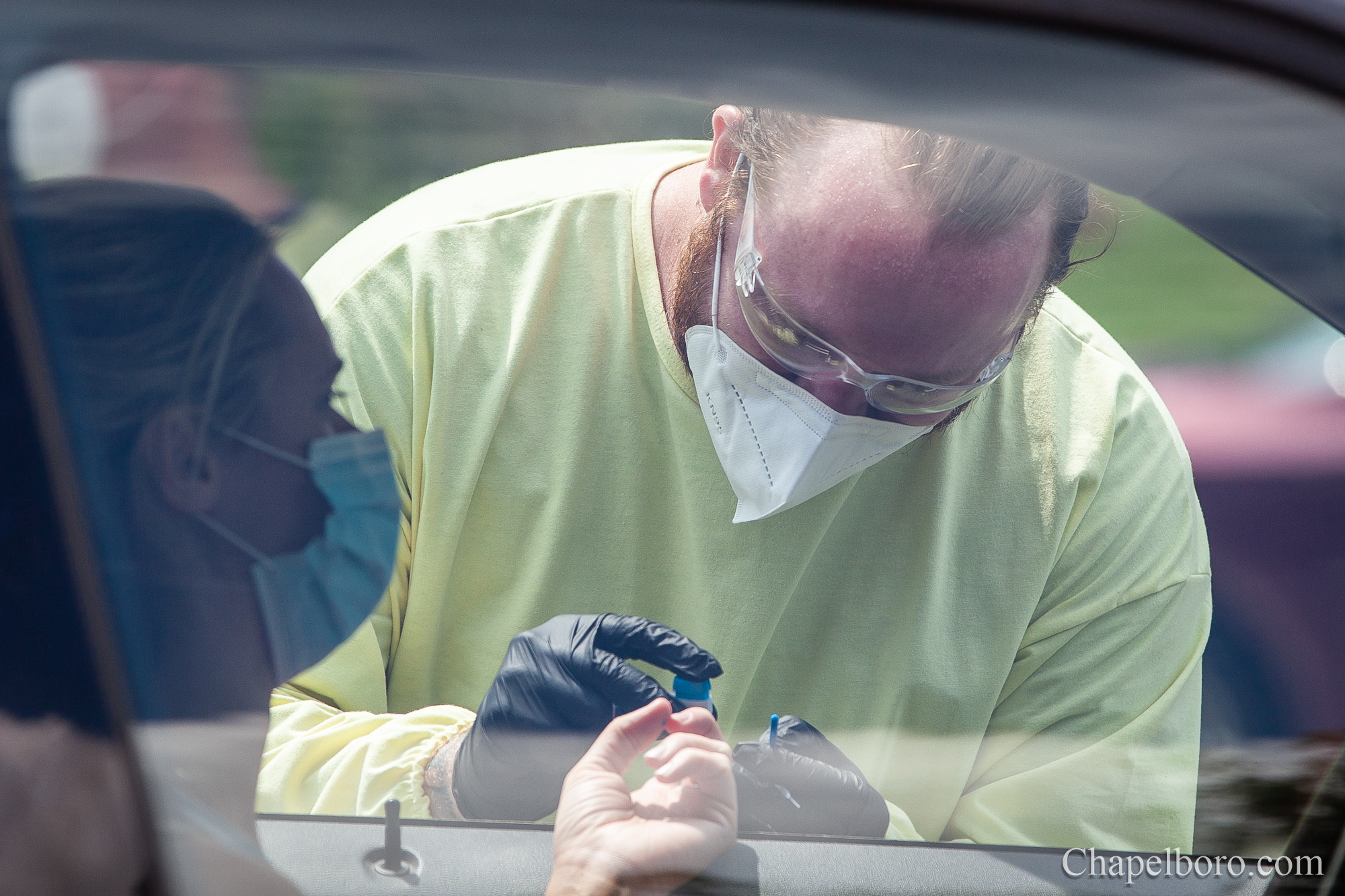

Comments on Chapelboro are moderated according to our Community Guidelines